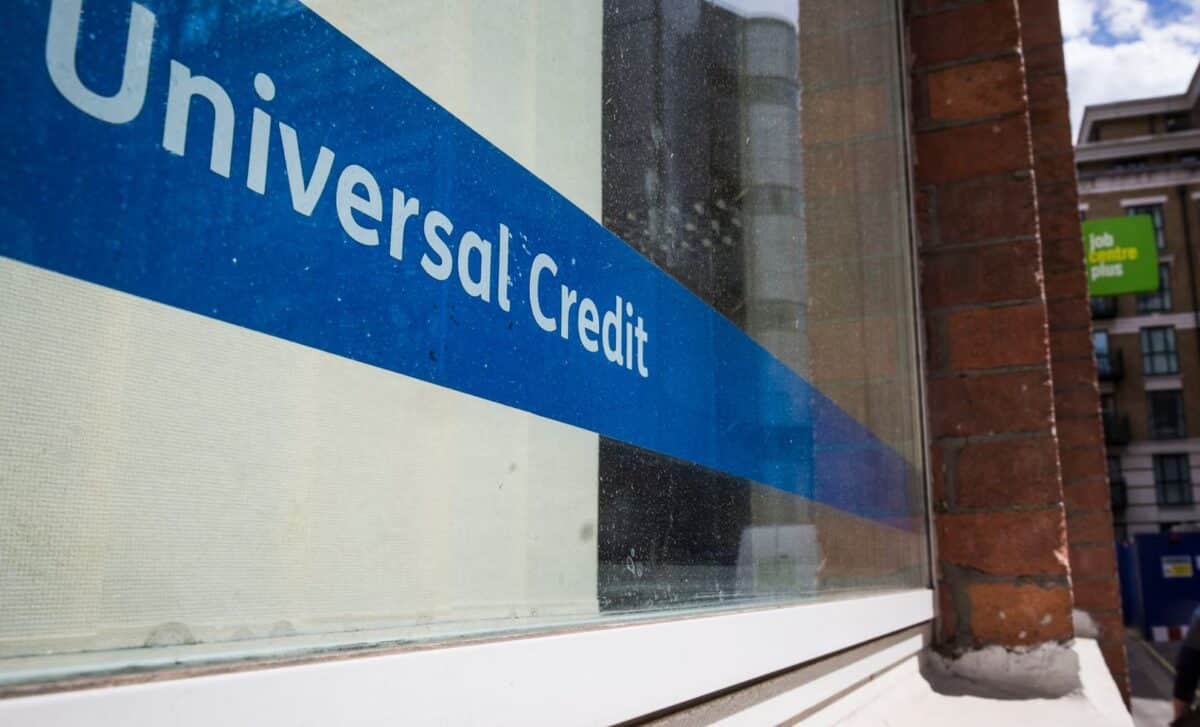Starting today, a significant boost awaits millions of households enrolled in Universal Credit, promising increased financial support each month.
Universal Credit Payment Increase: What You Need to Know
On 9 April, the government announced that Universal Credit payments would increase by 6.7% in line with inflation.
The value was generated using the Consumer Price Index inflation data for September 2023.
However, due to the way Universal Credit is calculated and paid, some claimants’ payments will increase for the first time starting today.
This is because Universal Credit operates on a monthly assessment basis, with your next payment determined by how much you earned the previous month.
The amount varies by period, and the new uprate is effective only after the first full assessment period of the tax year.
The DWP acknowledged that the earliest clients may possibly get their money was today (May 14th).
However, it stated that some consumers will have to wait until as late as June 13 to receive their payment.
Ultimately, when you receive the larger amounts depends on when your assessment period began.
People whose evaluation periods started before April 8 will enjoy the greatest increase, while those who began near the end of April will have to wait until June to see any gain.
The amount of extra money you will receive in pounds and pence is determined by your unique benefit conditions.
However, the DWP has produced a handy breakdown of how each Universal Credit ingredient is changing, which you can use to figure how much you’ll receive.
A Comprehensive Overview of the Updated Universal Credit Payments
From standard allowances to childcare fees, here’s what you need to know about the latest changes brought to Universal Credit payments:
Standard allowance per month
- Single and under 25: increases from £292.11 to £311.68.
- Single and aged 25 or older: increases from £368.74 to £393.45.
- Joint claimants under 25: increases from £458.51 to £489.23.
- Joint claimants if one or both are 25 or older: increases from £578.82 to £617.60
Limited capacity for job amount
- Increased from £146.31 to £156.11.
Limited capacity for work and work-related activities amount
- From £390.06 to £416.19.
Child amount
- The standard amount per child increases from £269.58 to £287.92.
- First child born prior to April 6, 2017: increases from £315 to £333.33.
Disabled Child Addition
- Lower rate: rises from £146.31 to £156.11.
- The rate for carers has increased from £456.80 to £487.58.
Carer’s amount
- Increased from £186.86 to £198.31
Childcare fees
- Maximum for one child: rises from £950.92 to £1,014.63.
- Maximum for two or more children: rises from £1,630.15 to £1739.37.
Work allowances
- Higher work allowance (no housing amount): increased from £631 to £673.
- Lower work allowance (including housing): increases from £379 to £404.










Why are Pensioners put before everyone else when help is handed out most have no outgoings mortgages childcare etc and no families to bring up they’ve lived their life and if worked since 16 a pension is enough